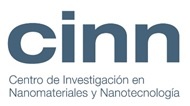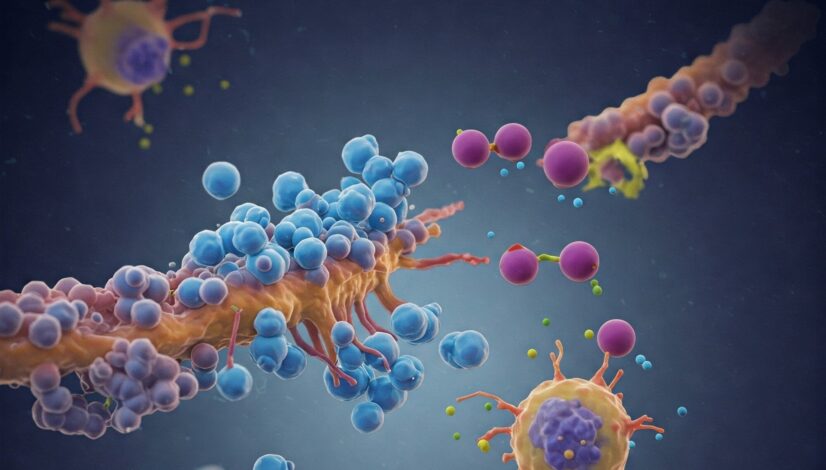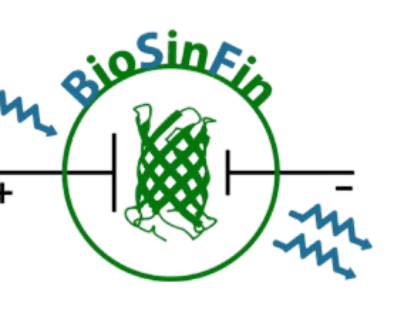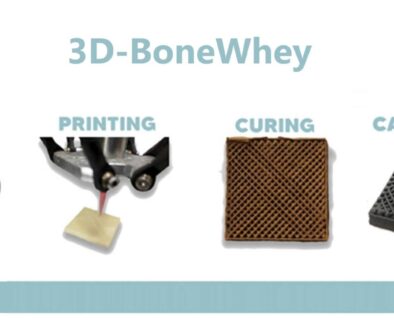Targeting Adenosine Receptors in Immune-Oncology
Project Overview
This project responds to the growing biopharmaceutical interest in developing small molecules targeting immune metabolism that complement existing immuno-oncology therapies, with limited success rates of 50%.
We will address the characterization and therapeutic intervention of the A2B adenosine receptor (AR), a G protein-coupled receptor (GPCR) that is part of the purinergic signaling pathway commonly altered in various tumors. Compared with A2AAR antagonists in clinical trials, A2BAR blockade is a selective mechanism of therapeutic intervention, as this receptor is silenced under physiological conditions.
We will identify and optimize high-affinity A2BAR antagonists and develop them within a multi-target strategy of the purinergic signaling system that includes A2AAR, CD73, and the P2Y1 GPCR. On the other hand, the selective A2BAR antagonists developed throughout the project will guide the design of novel agonists to characterize the role of this receptor in the tumor microenvironment. Our design program will benefit from the recent experimental structure of active A2BAR, which we plan to complement with new structures of inactive A2BAR with our antagonists.
Finally, we will explore the mechanism of cancer-related somatic mutations described for this receptor, using our proprietary methodology to characterize pathogenic mutations that alter the conformational equilibrium of GPCRs.
This interdisciplinary project is based on our computational methodology of free energy calculations, complemented by experiments in chemistry, immuno-oncology, and structural biology, and will expand the field of immuno-oncology therapies.
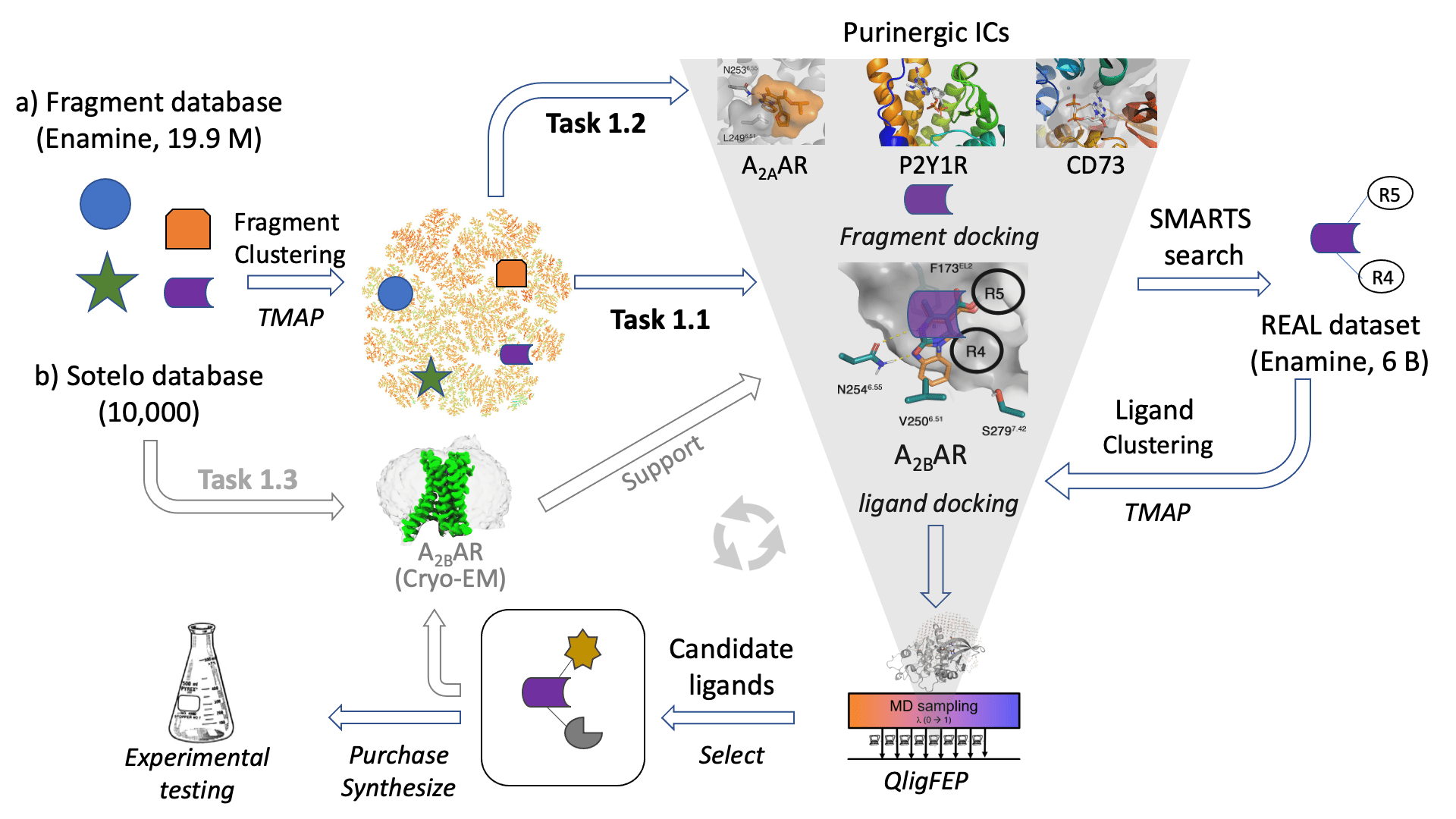
Computational screening pipeline to identify novel selective (task 1.1) and multitarget (task 1.2) ligands for the A2B adenosine receptor
Project Details
Project Code: PID2023-150793OB-I00
Duration: 01/09/2024 – 31/08/2027
Budget: 250.000 €
IP: Hugo G. de Terán
Funding Funded by MCIN/AEI /10.13039/501100011033 and FEDER, UE

